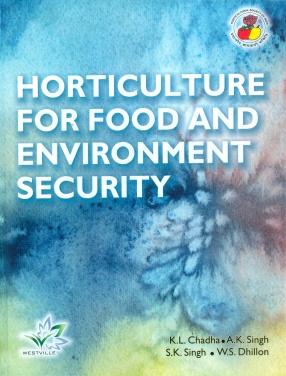
Westvill Publishing House

Showing all 12 books

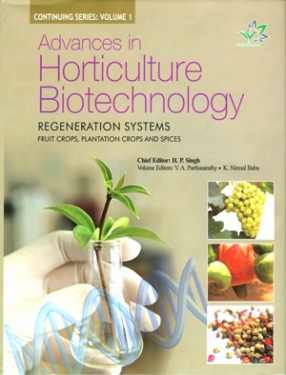
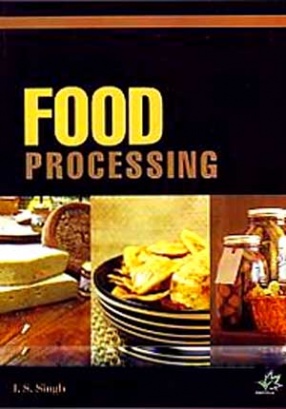
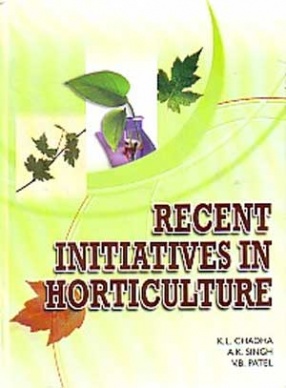
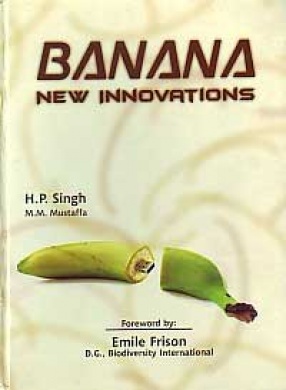

The book entitled Horticulture for Food and Environment Security is a compilation of 56 lectures on diverse issues in Horticulture given from senior scientists and experts from India and abroad. It covers themes like global horticulture scenario, peri-urban and urban horticulture use of cutting edge technologies and biotechnological tools like, micropropagation, genomics, tailor-made improved varieties for different uses, precision breeding methodologies novel ...
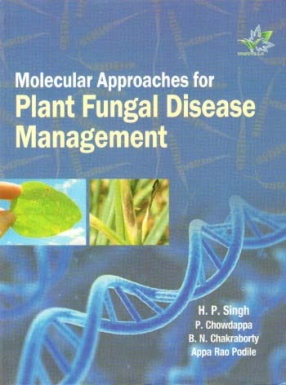
Plant pathogenic fungi were responsible for some of the worlds greatest famines and human suffering. Considering the needs of students, research scholars molecular plant pathologist and biotechnologists the book entitled "Molecular Approaches for Plant Fungal Disease Management" integrates information on technological advances made in molecular fungal pathology for effective disease management to safeguard resource poor farmers, global food and ...
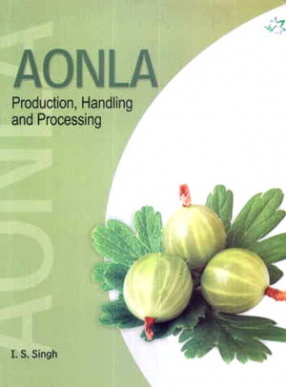
The book provides a comprehensive picture on the production handling and processing of Indian gooseberry Aonla at a single source. The production aspect deals with commercial varieties plant propagation and nursery management orchard establishment orchard management and Aonla based cropping system on degraded land.
Post harvest handling section deals with post harvest losses maturity indices harvesting, grading, packing, storage transportation and marketing. The ...
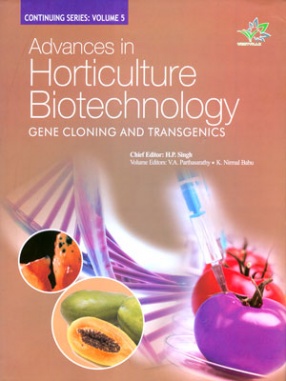
With the increase in our knowledge and competency in molecular biology especially in isolation and cloning of important and useful genes of agronomic interest and development of useful transgenics, it is expected that biotechnology will play a major role in increasing the production and productivity of crop species and help in crossing the yield barriers. The transgene studies carried out world over in many laboratories for the past three decades have led to ...

Production of quality planting materials is fast becoming an important input in disease management programmes especially in production of disease/virus free plants. In addition, efficient plant regeneration systems are important for in vitro manipulations and transgenic pathways for crop improvement. In the present volume, the available information on the micropropagation and plant regeneration technologies developed for fruit crops, plantation crops and spices ...
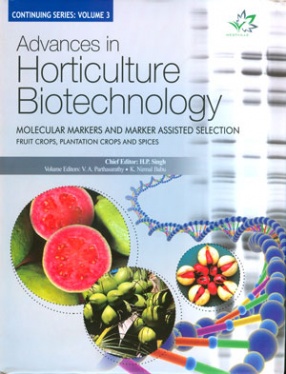
Understanding biology and genetics at molecular level has become very important for better understanding and manipulation of genome architecture. Molecular markers have contributed significantly in this respect and have been widely used in plant science in a number of ways. This includes genetic fingerprinting, identification of duplicates, selection of core collections, determination of genetic distances, genome analysis, identification of markers associated ...
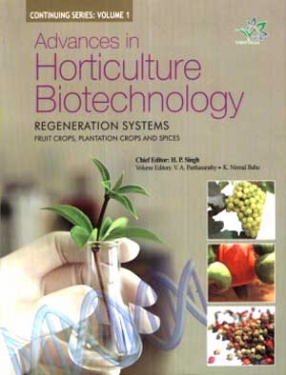
Production of quality planting materials is fast becoming an important input in disease management programmes especially in production of disease/virus free plants. In addition, efficient plant regeneration systems are important for in vitro manipulations and transgenic pathways for crop improvement. In the present volume, the available information on the micropropagation and plant regeneration technologies developed for fruit crops, plantation crops and spices ...


Papers presented at the Third Indian Horticulture Congress, held at Bhubaneswar during 6-9 November 2008.

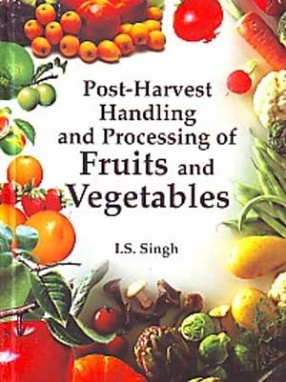
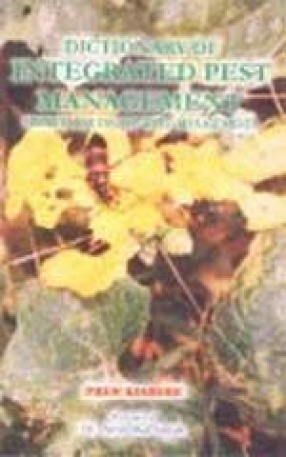
Working with Integrated Pest Management (IPM) is a big challenge until there is a detailed acquaintance of the terminology to the workers particularly students and upcoming scientists. Terminology is the pith of any science, which upholds the entire structure and becomes the language of communication among technical persons. Dr. Kishore's Dictionary of Integrated Pest Management is a comprehensive compendium to cover most relevant terminologies that a field ...
